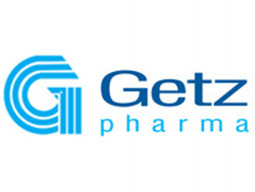
A recent report, earlier this week, in the leading global health journal, Lancet, paints a very grim picture of widespread resistance to the most promising anti-malarial, Artemisinin, spreading rapidly in Asia and reaching the doorsteps of India. It is driven in a large part by substandard medicines. It won’t be too long before we start seeing the effects as well. We already have substantial resistance issues in TB and anti-malarials; the last thing we need is to become more vulnerable with regards to malaria as well.
Safeguarding our population, be it from militancy challenges, social ills or those of apathy need a strategy. However, successful and effective strategies also require some robust and reliable information. This is one of our biggest problems. Ask anyone, literally anyone you know, and they are bound to know someone who has been affected by spurious or substandard medicines, but if you push hard, there is no real data about the extent of the problem. No one knows how often the problem surfaces, is it worse with domestic or foreign manufacturers, is it particularly problematic with a given vaccine or a specific drug. The efforts to employ IT-based solutions, as the Punjab government has done, while useful, only scratch the surface. IT-based solutions can only test packaging and look at some counterfeit drugs, but what about the bad drugs made by ‘reputable’ manufacturers, which is a far bigger problem? What about the drugs that degrade when they are not stored properly? What about drugs that do not have the right amount of the active ingredient and lead to long-term drug resistance? Counterfeits are only a small part of the big problem we face. Not having reliable data on the nature, extent and magnitude is a much bigger problem.
If not having data is our first problem, not doing anything about it is the other big problem. The great social challenge of our society is no longer about ‘haves and have-nots’, but about haves, have-nots and care-nots.
Published in The Express Tribune, March 3rd, 2015.
Like Opinion & Editorial on Facebook, follow @ETOpEd on Twitter to receive all updates on all our daily pieces.






























1714024018-0/ModiLara-(1)1714024018-0-270x192.webp)








COMMENTS
Comments are moderated and generally will be posted if they are on-topic and not abusive.
For more information, please see our Comments FAQ